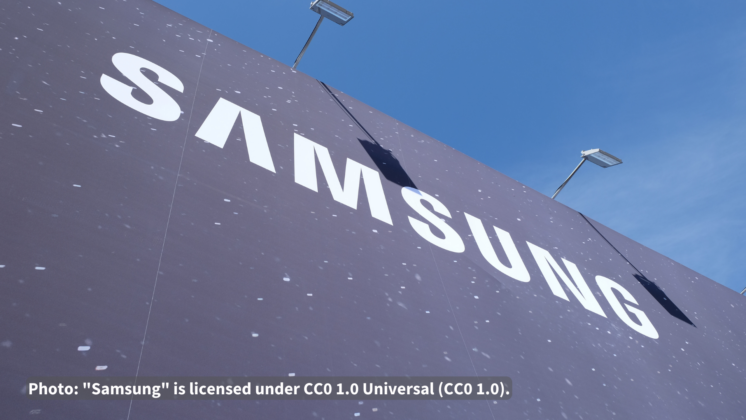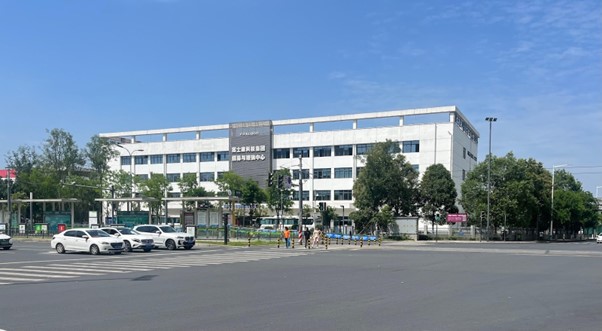“Twenty-five years of disservice to workers. This is the only legacy of the Herrera Law as far as metalworkers are concerned.” This was how the Metal Workers Alliance of the Philippines (MWAP), a national alliance of steel and metal unions and organizations, described Republic Act 7615, popularly known as Herrera Law, which marked its 25th year last Sunday.
This was how the Metal Workers Alliance of the Philippines (MWAP), a national alliance of steel and metal unions and organizations, described Republic Act 7615, popularly known as Herrera Law, which marked its 25th year last Sunday.
Under the Herrera Law, contractualization was further expanded, resulting in the loss of millions of regular jobs. Today, only three out of every 10 workers are considered regulars. This is most evident in manufacturing, particularly in the electronics and ICT, garments, and mining sectors. In the electronics sector, 80-90% of workers are contractuals and most of women workers have jobs for only three to five months. They do not get benefits accorded to regular workers and are vulnerable to lay-offs and retrenchments depending on employers‟ whims.
“The swelling number of contractuals and the plummeting number of regular jobs have made it more difficult for workers to form unions and have tried to undermine unions‟ bargaining strength. The substantial drop in union density decreases workers‟ capacity to fight for wage increases, regular jobs and better working conditions,” said Reden Alcantara, national president of MWAP.
Another appalling feature of the Herrera Law is the unlimited power of the Labor Secretary to assume jurisdiction, dubbed as “AJ” by workers, over strikes and labor cases. “This AJ has been overly used and abused in the last 25 years. Workers who tried to form unions especially in export processing zones and industrial enclaves, which are considered as „no-union, no-strike zones,‟ have experienced the brutality of the AJ and other provisions of the Herrera Law,” Alcantara said. Workers‟ assertion of their rights was forcibly quelled through illegal dismissal, lay-off of striking workers, filing of criminal charges, and breaking of workers‟ strikes and picketlines. This is the sad experience of workers in Sunever Lights, Nissan Motors, Toyota, Lepanto Mines, Daiho Philippines, Yokohama Tires and many other companies in the metal industry.
“We unite with the Filipino workers who are calling for the scrapping of the Herrera Law. After 25 years, our experience only points to the law‟s anti-worker character. It is high time to have a law that will genuinely accord workers our basic right for living wages, regular and stable jobs, and free exercise of our right to unionize and to strike,” ends Alcantara.










